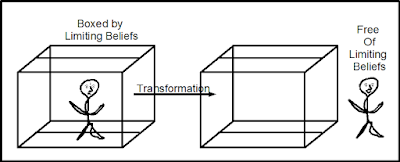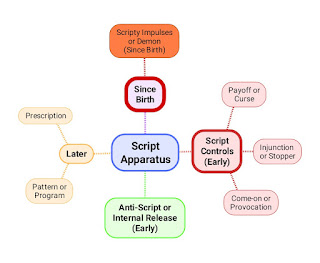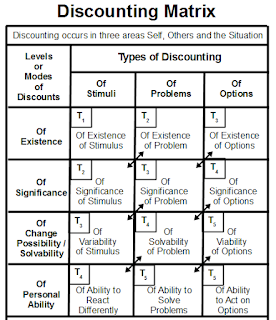About Ajit Karve and Transformational Transactional Analysis

Introduction of the Blogger and Overview of Purpose List of Blogs This is me My name is Ajit Karve. I operate out of Pune in Maharashtra, India. I am Transactional Analysis Practitioner. I qualified from the Institute of Counselling and Transactional Analysis, Kochi, India in 2007. I am the originator of Transformational Transactional Analysis. Transformational Transactional Analysis is a modified form of Transactional Analysis. The Concepts and Ideas are restated so as to be easily understood and used in a Self Help Mode. One does not need to painstakingly learn and practice transactional analysis over two or more years to qualify to use it in the self help mode. Four sessions is all it takes for one to understand the concepts and ideas of Transformational Transactional Analysis and to put them to use right away. I am a graduate in Science from the Mumbai University (1971), a holder of a 'Interpretership in Arabic' degree from the School of Foreign


